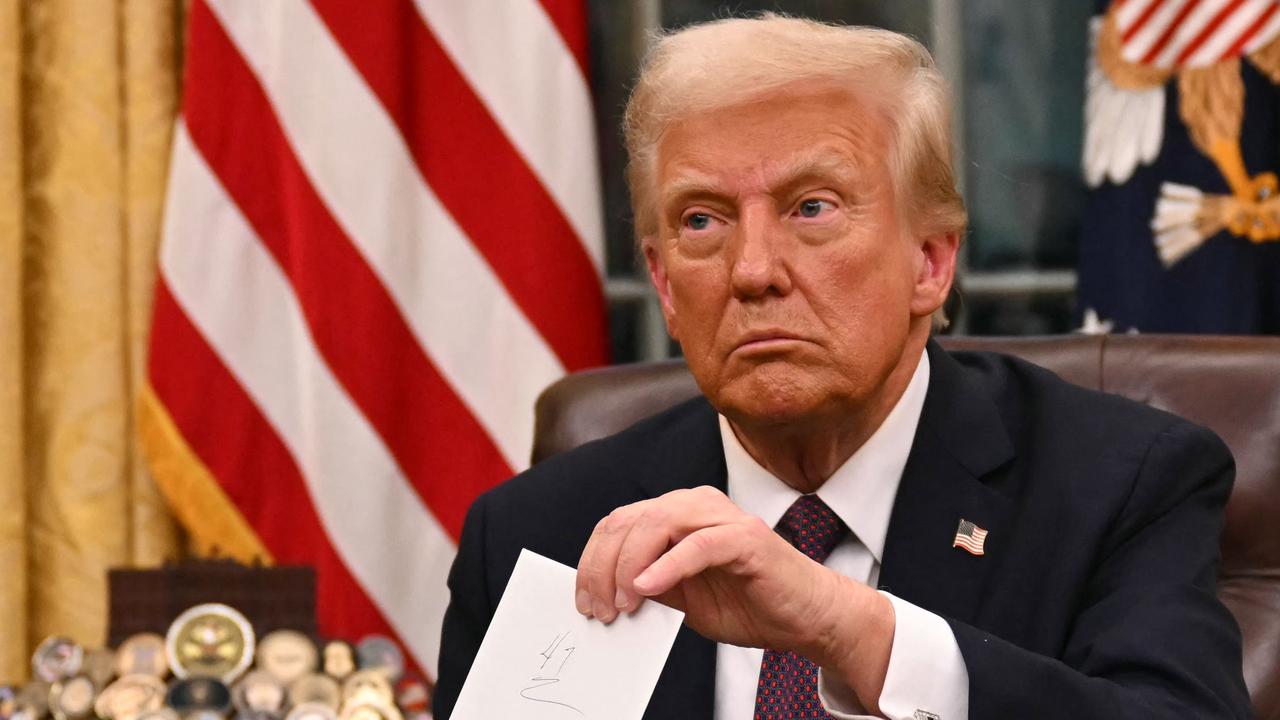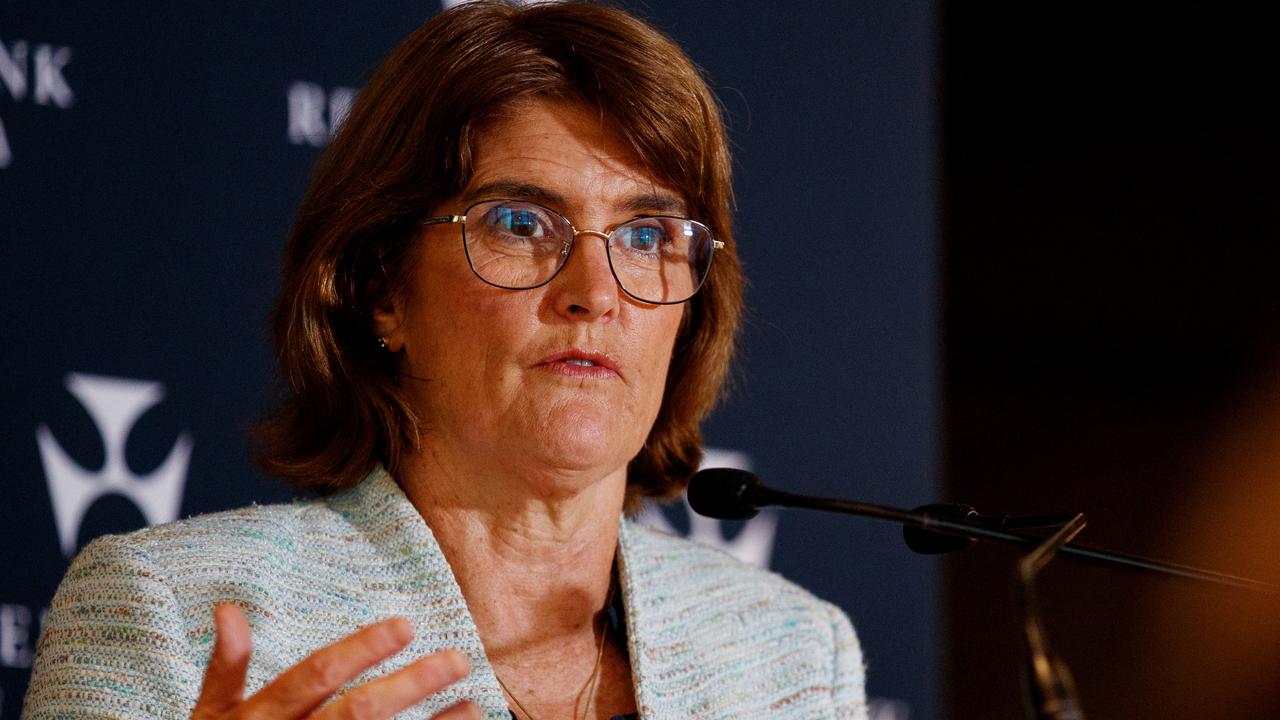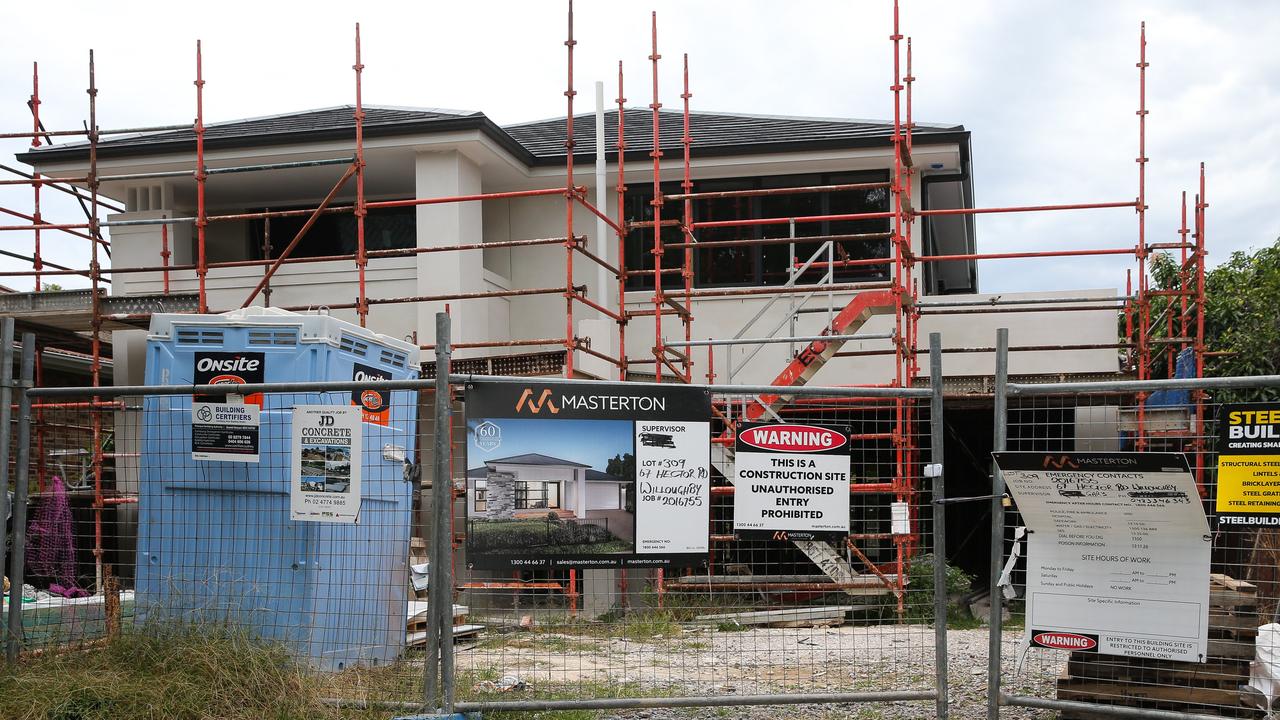RBA leaves door open for rate rise
HIGH inflation had the Reserve Bank of Australia (RBA) agonising over whether to raise interest rates this month, board minutes reveal.
RBA leaves door open for rate rise
HIGH inflation had the Reserve Bank of Australia (RBA) agonising over whether to raise interest rates this month, with another hike still possible, board minutes reveal.
At the central bank's board meeting on May 6, its members debated whether monetary policy was "sufficiently restrictive to secure low inflation over time", given inflation was forecast to remain above its target band of two to three per cent over the medium term until 2010.
"Members spent considerable time discussing the case for a further rise in the cash rate," the minutes for the board's May meeting, released today said.
"But on balance, given the substantial tightening in financial conditions since mid-2007, and the extent of uncertainty surrounding the outlook, the board decided that it was appropriate to allow the current setting of monetary policy more time to work."
Market reaction
The Australian dollar hit a fresh 24-year high of US95.87 cents after the RBA statement as some traders bet on higher interest rates.
Brian Redican, a senior economist with Macquarie Group, said while another rate rise in June was unlikey, a hike in August was still possible.
"The RBA is still considering whether to raise rates again, but at the moment, it will probably wait and see what happens to domestic demand and inflation," he said.
Money market traders put the chance of an August rate rise at 30 per cent, but do not expect a rise next month.
Economists say if June quarter inflation data, due July 23, comes out high, then the chances of an August hike will firm.
Inflation a problem
Ultimately, the RBA decided to leave the official cash rates unchanged at 7.25 per cent, but remained wary of inflation resulting in demands for higher wages and increased prices.
"Should demand not slow as expected or should expectations of high ongoing inflation begin to affect wage and price setting, the outlook, and the stance of policy, would need to be reviewed," the minutes said.
The RBA sets interest rates to keep inflation between 2 and 3 per cent.
But the board minutes said with inflation remaining above 4 per cent for much of 2008, this carried the risk that "expectations of high ongoing inflation could develop, which could in turn affect price- and wage-setting behaviour".
In its quarterly statement on monetary policy, the central bank said expected an annualised underlying inflation rate of 4.25 per cent by June and four per cent by December.
The central bank also projected underlying and CPI inflation to decline gradually in 2009 to around 3.25 per cent before falling to three per cent in 2010.
In the March quarter of this year, annualised underlying and CPI inflation clocked in at 4.2 per cent.
Despite subdued household spending in recent months and weaker demand for credit by both households and businesses, "CPI (consumer price index) and underlying inflation had risen further and was uncomfortably high", the minutes said.
The central bank repeated previous statements which said there were "powerful opposing forces affecting the Australian economy.
The ongoing strains in world financial markets and tight domestic financial conditions were working to slow demand and activity.
However, there was a larger-than-expected stimulus to domestic incomes from the rising terms of trade that would flow from very large increases in bulk commodity prices.
"Members acknowledged that the net effect of these forces on the prospects for growth and inflation was highly uncertain," the minutes said.
With AAP



